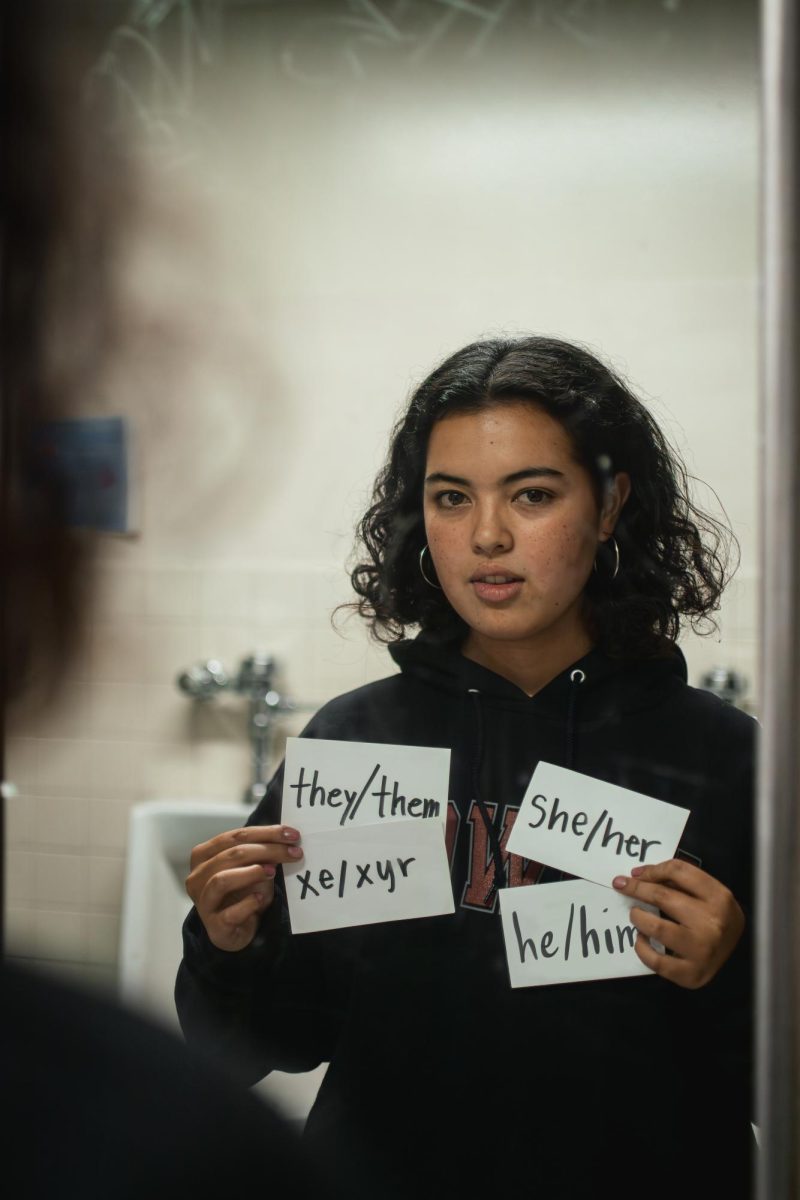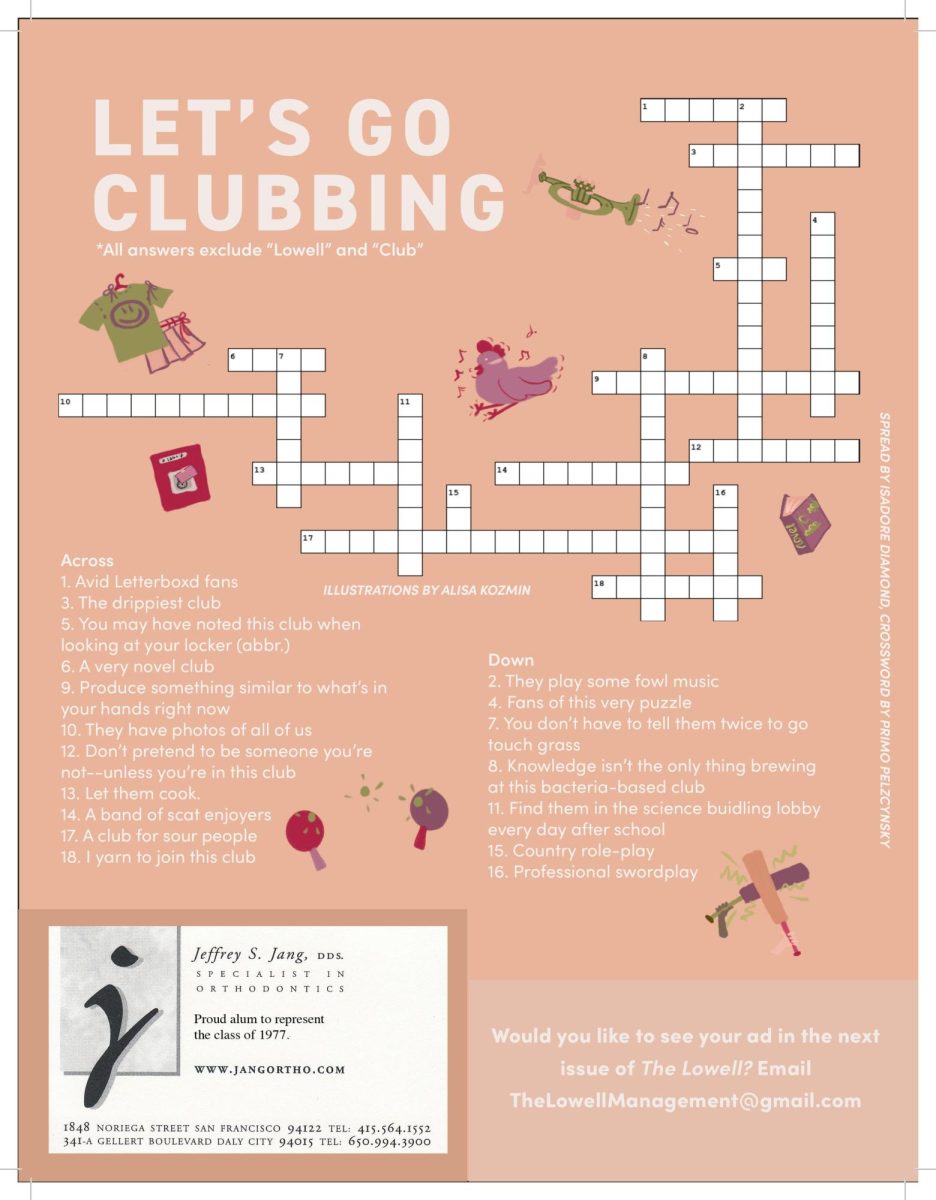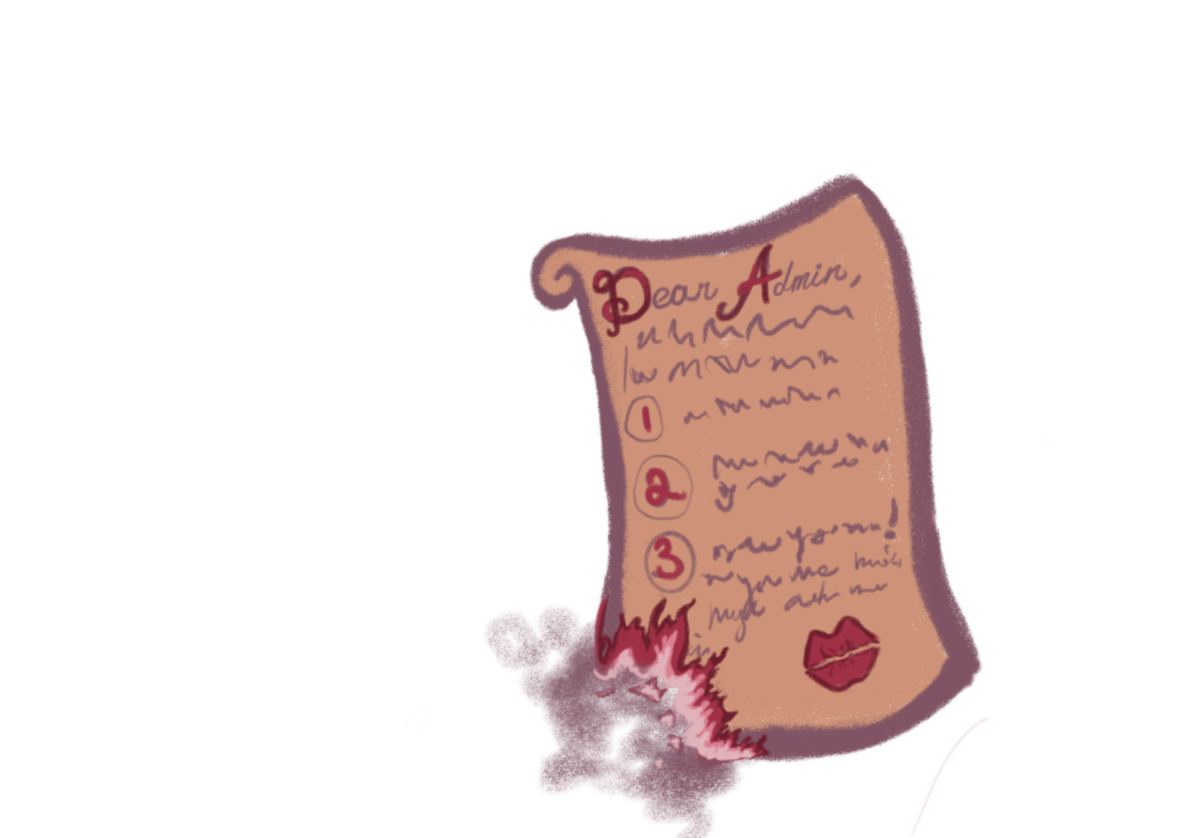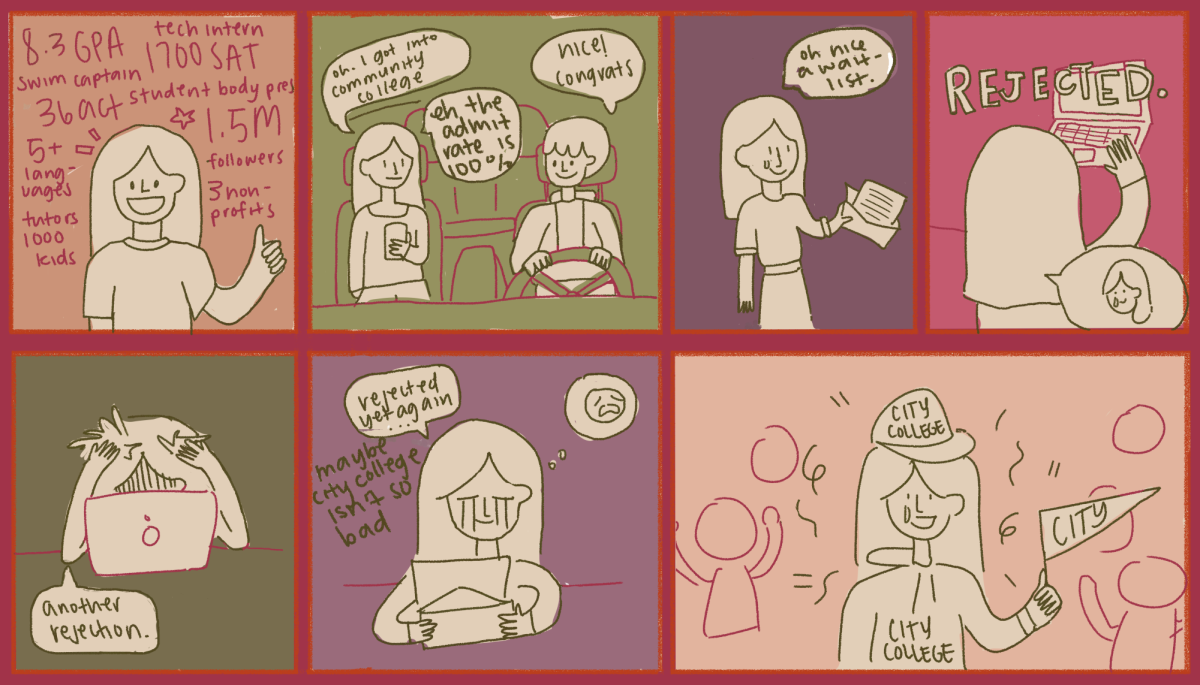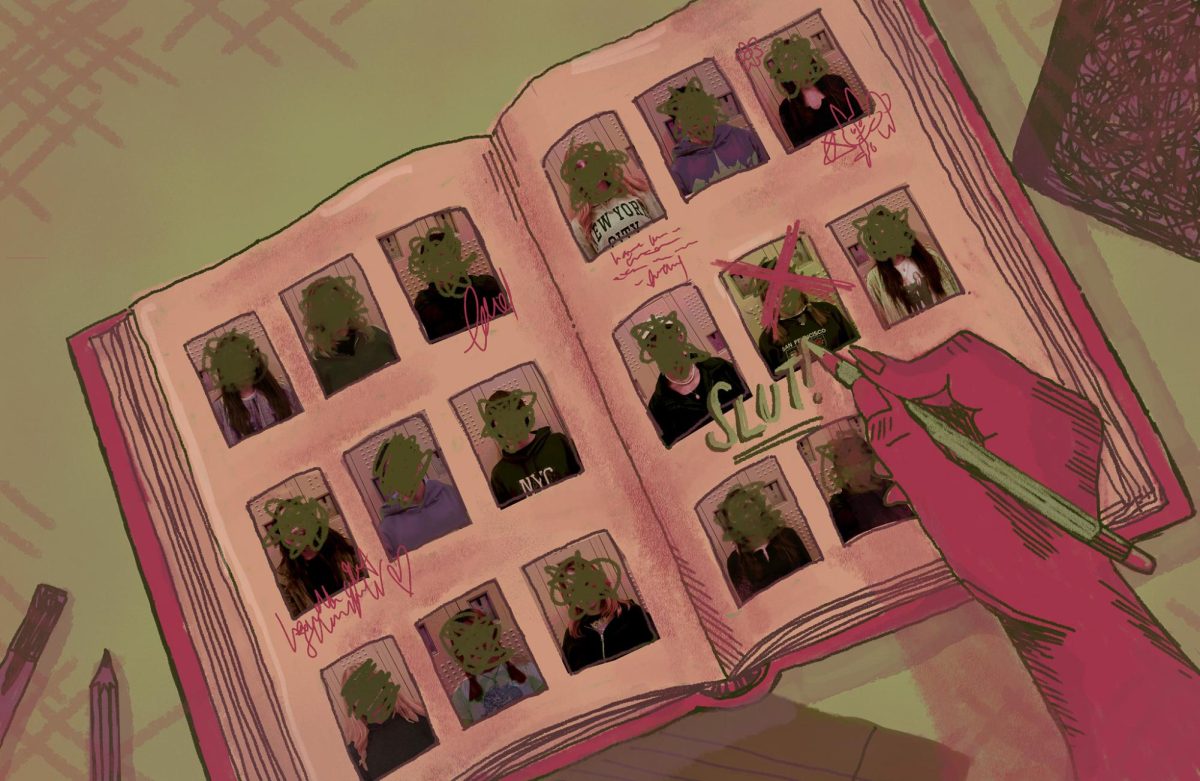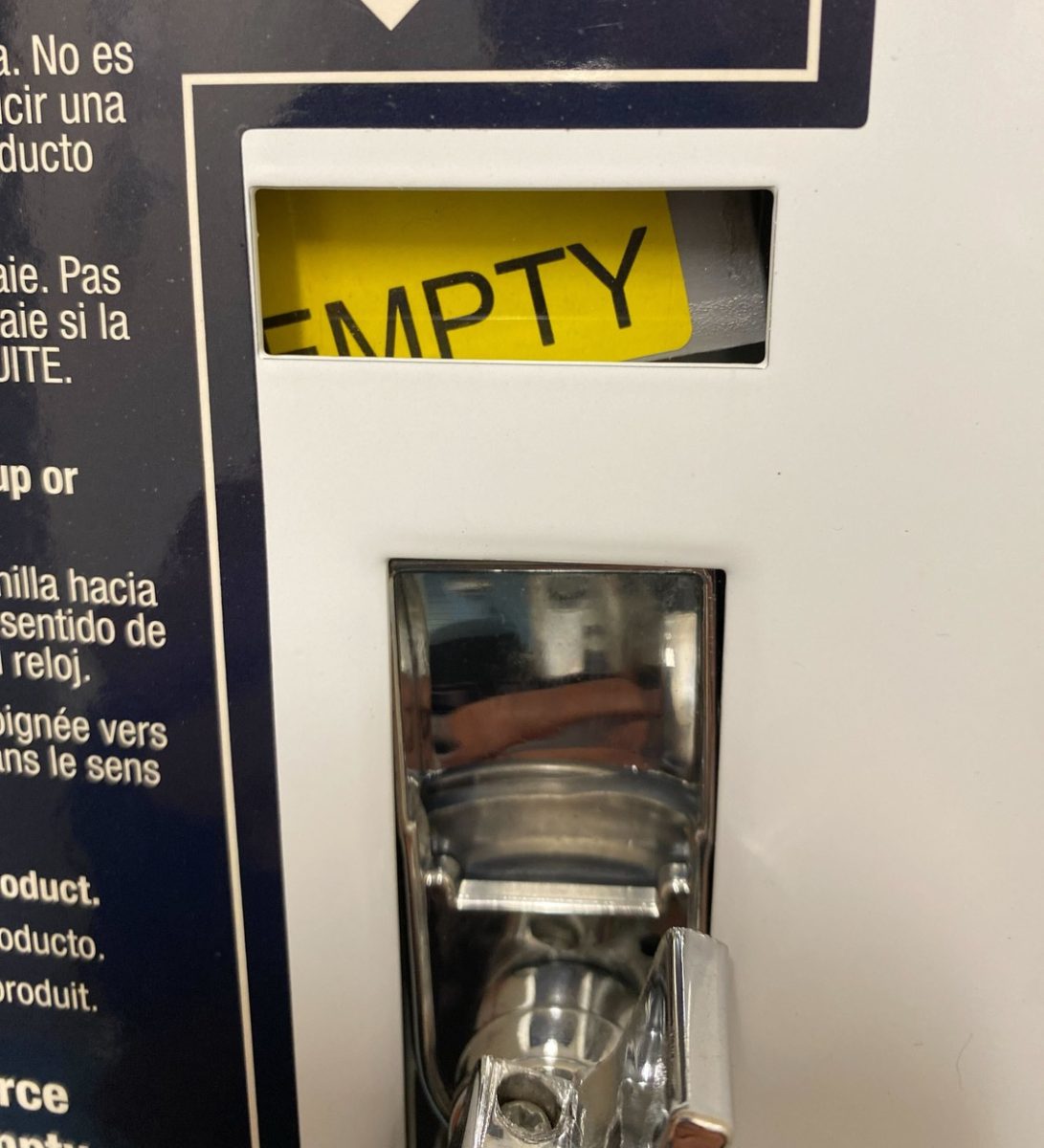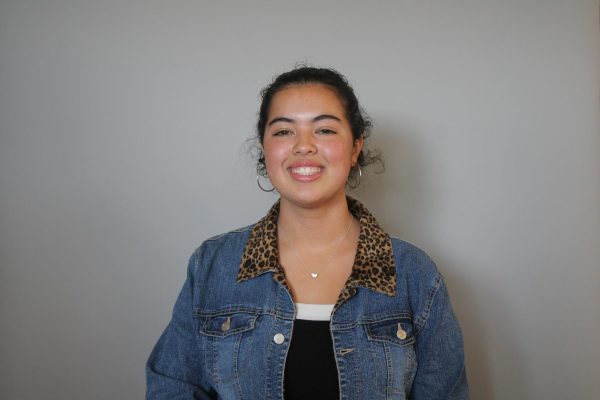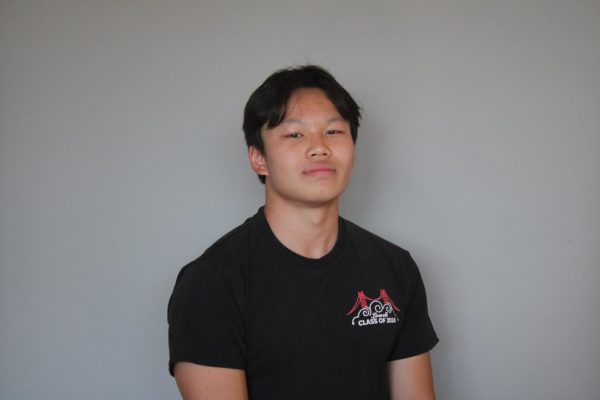“I’m Ted Cruz, and my pronoun is… “Kiss my ass!”
Fall classes have started, and with that comes the inevitable sharing of pronouns during introductions with our new classmates. It has become customary when breaking the ice to state your name, favorite ice cream flavor, and… your preferred pronouns. Like Ted Cruz, I have often wondered what would happen if I just said something mockingly untrue, like, “I identify as cookie/cookieself.” Sometimes, sharing pronouns seems unnecessary.
Although I may wish to jokingly identify this way, I realize that my issue with sharing pronouns comes from a serious place of frustration with the process. I recognize the hardship that nonbinary and transgender students may endure to feel comfortable at school. Sharing pronouns is riddled with the pressures and complexity of outness, so it can be problematic when teachers have students go around and announce pronouns as a mandatory class exercise. More care needs to be taken. A deeper commitment needs to be made. For many, correctly identifying people’s pronouns is a crucial way to recognize their self-identity. “Pronouns are basically how we identify ourselves apart from our name. It’s how someone refers to you in conversation,” said Mary Emily O’Hara, a journalist and former communications officer at GLAAD, an LGBTQ+ advocacy organization. The practice of encouraging individuals to share their pronouns in educational settings might be perceived as a positive step towards fostering inclusivity and understanding.
The idea that pronoun introductions help the gender queer isn’t as true as we make ourselves believe.
However, when teachers ask students to go around and do these introductions in class, this pronoun sharing exercise may not be as helpful as they appear to students who identify as neither male nor female. For students who are transgender, questioning their identity, or nonbinary, being required to share these pronouns in front of a crowd of people they don’t know yet can actually be terrifying. Sometimes, these students are met with a very physical reaction by their peers, as the shock that someone identifies as something beyond the binary is a real thing people embody.
While withholding one’s pronouns can lead to others unintentionally misgendering people, self-inflicted dysphoria may actually be more harmful than being misgendered. This can happen when students feel like they have to label themselves as their birth-assigned pronouns due to societal pressures, despite not feeling it matches their identity. Students who are unsure of how they might identify or are in the beginning of transitioning are at risk of feeling extremely dysphoric for purposely misgendering themselves in their introductions. For these students, having to share pronouns with the rest of the class can perpetuate a sense of confusion.
The idea that pronoun introductions help the gender queer isn’t as true as we make ourselves believe. Is it possible that sharing pronouns is just a way for teachers to appear more ‘’woke,’’ to make students think that, yes, they are an ally, when in actuality they are not being sincere? There are teachers who make everyone share their pronouns at the beginning of the school, then fail to call those specific gender queer people by their preferred pronouns. When teachers fail to uphold the commitment of using pronouns of gender queer or non-binary students, it can undermine respect for students and lead to feelings of exclusion and invalidation. It can be emotionally distressing for those whose gender identity is marginalized or misunderstood.
If teachers’ goals are to create a more inclusive environment in their classroom, they need to do more than just pronoun introductions in August.
If teachers’ goals are to create a more inclusive environment in their classroom, they need to do more than pronoun introductions in August. They should integrate queer history or queer material into their curriculum. It would be better to have teachers teach a unit on LGBTQ+ history, gender and sexuality studies, or incorporate more queer perspective, rather than to doing the pronoun introduction and then continuing the rest of the year with zero mention of any queer material whatsoever. Whether I choose to identify as cookie/cookieself or not, teachers are clearly using this exercise as a surface-level method of their allyship for the LGBTQ+. In reality, there are more effective ways to demonstrate this allyship through their actual teaching and open discussions. Ultimately, allyship should go beyond a pronoun exercise.


